Top 5 Essential Parts Of Industrial Machines You Should Know About
In the complex landscape of industrial machinery, understanding the essential components that constitute these machines is crucial for optimizing performance and ensuring longevity. Reports from industry leaders indicate that nearly 70% of machinery failures can be traced back to inadequate understanding or maintenance of key parts. As expert Jason Roberts, a renowned mechanical engineer at Tech Industries, highlights, "A deep knowledge of the Parts Of Industrial Machine not only reduces downtime but also enhances productivity and operational efficiency."
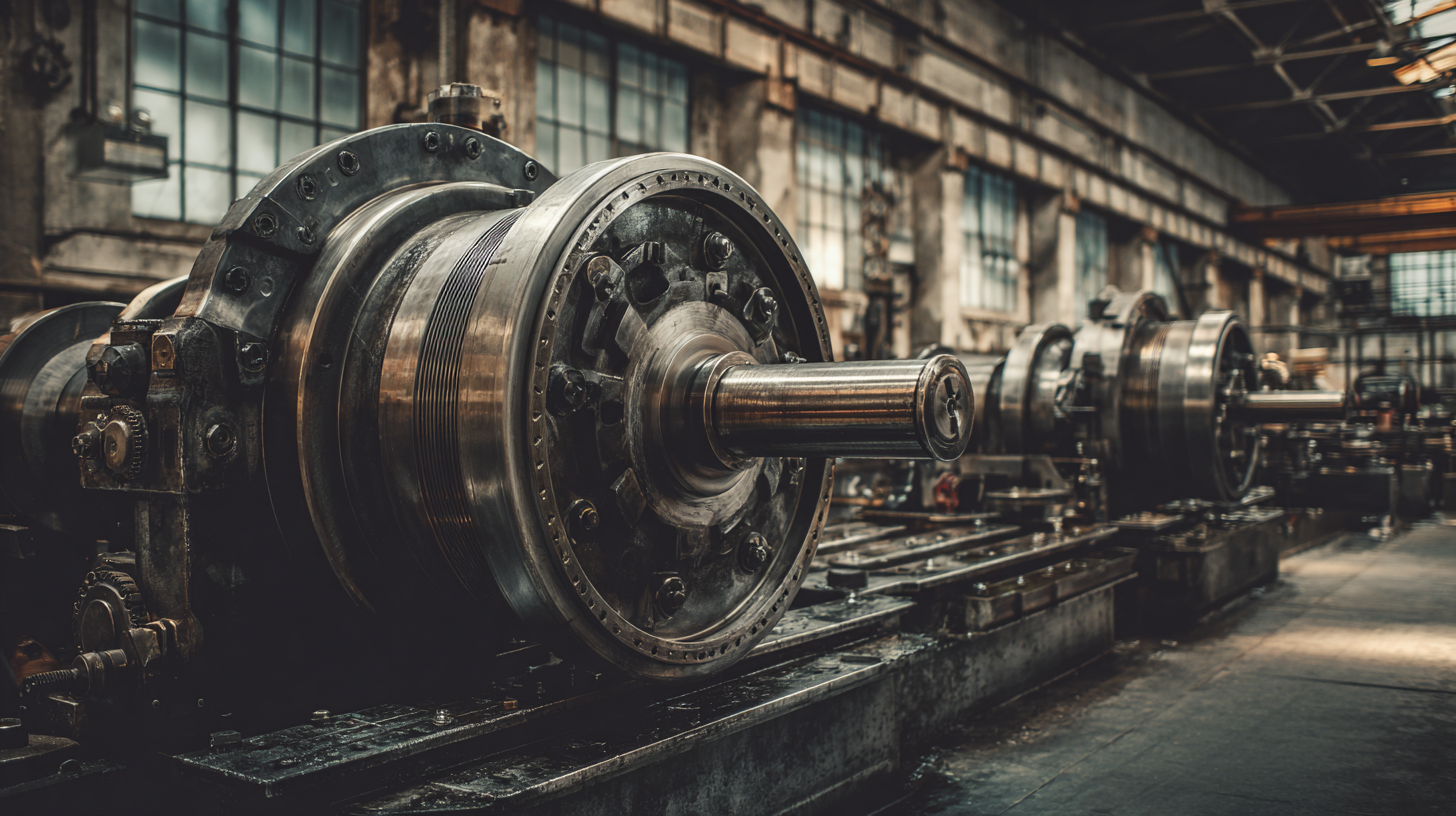
The intricacies of industrial machines vary across sectors, yet there are fundamental components that remain consistent in their significance. From the drive systems that power machinery to the bearings that ensure smooth operation, each part plays a pivotal role in the overall functionality.
By identifying these top five essential parts, industry professionals can better navigate the complexities of machinery maintenance and upgrades, thus protecting their investments and sustaining high levels of output. As the demand for efficiency and reliability grows, so too does the necessity for a thorough understanding of the Parts Of Industrial Machine, making it a topic of paramount importance in today’s industrial environment.
Key Components of Industrial Machines: Understanding Their Role in Operations
Industrial machines are complex systems composed of several key components that each play a vital role in their operation. Understanding these essential parts not only enhances the efficiency of machine performance but also aids in troubleshooting and maintenance. One of the fundamental elements is the motor, which converts electrical energy into mechanical energy, driving the machine's movements. Without a reliable motor, the entire operation can grind to a halt, emphasizing its importance in manufacturing processes.
Another critical component is the gearbox, which transfers power from the motor to the machine's various moving parts. It adjusts the torque and speed to suit specific operational requirements, ensuring that the machine functions at optimal levels. Additionally, the control systems—comprising sensors and programmable logic controllers (PLCs)—regulate the machine’s operations, providing the necessary feedback for automated processes. By grasping the roles of these essential components in industrial machines, operators can better appreciate their significance and optimize their use for improved productivity.
The Importance of Bearings in Industrial Machines: Performance and Longevity
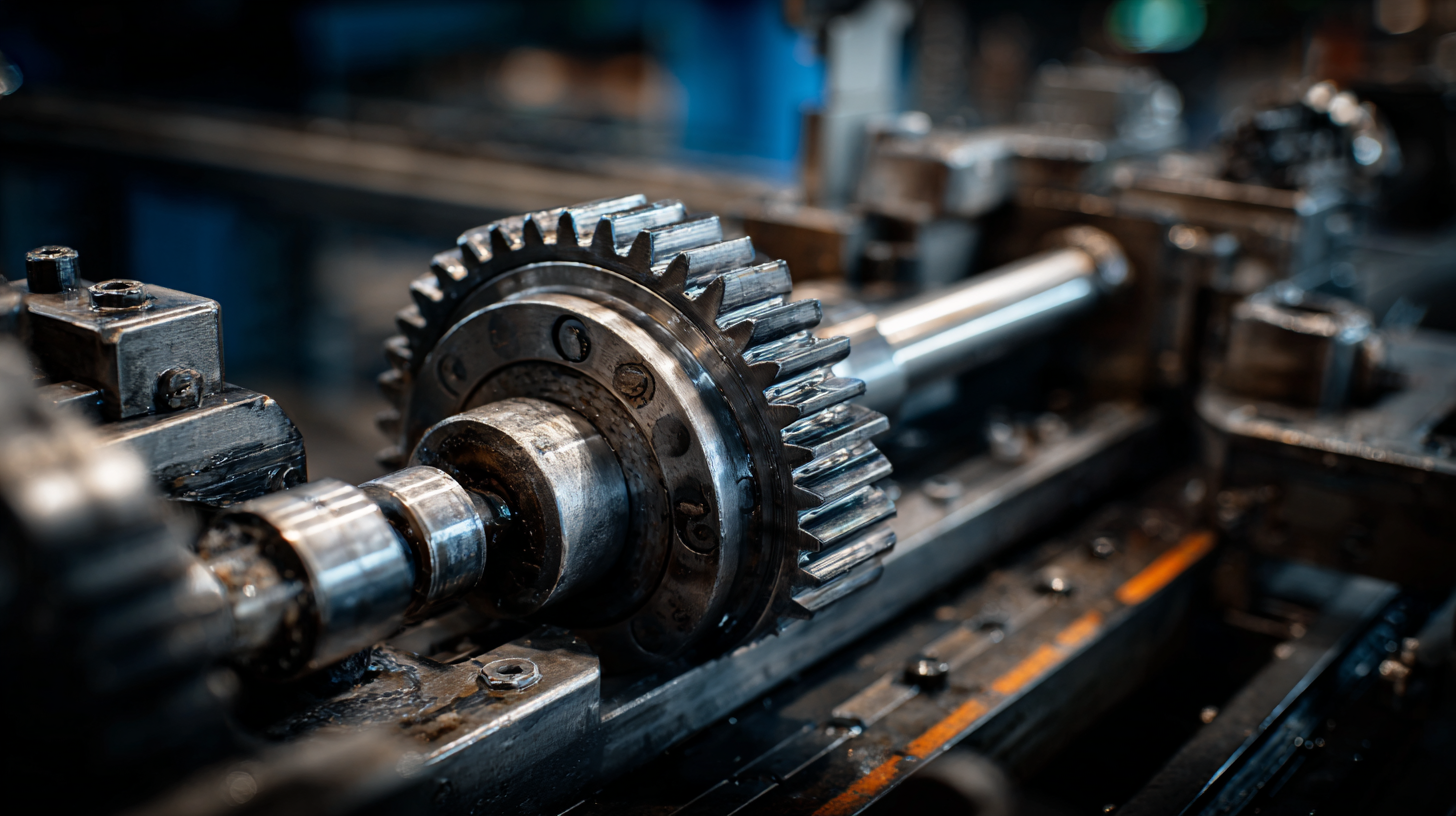 Bearings play a crucial role in the performance and longevity of industrial machines. They act as the interface between moving parts, reducing friction and ensuring smooth operation. By supporting radial and axial loads, bearings minimize wear and tear, which can significantly extend the lifespan of machinery.
The right choice of bearings can lead to improved efficiency, decreased downtime, and lower operational costs, making them essential components for any industrial setting.
Bearings play a crucial role in the performance and longevity of industrial machines. They act as the interface between moving parts, reducing friction and ensuring smooth operation. By supporting radial and axial loads, bearings minimize wear and tear, which can significantly extend the lifespan of machinery.
The right choice of bearings can lead to improved efficiency, decreased downtime, and lower operational costs, making them essential components for any industrial setting.
As industries evolve, advancements in bearing technology continue to drive innovation. For instance, self-lubricating bearings have gained traction in various applications, offering a reliable solution that eliminates the need for regular maintenance. The global market for these bearings is projected to grow, highlighting a trend towards automation and reduced maintenance demands in industrial operations.
Understanding the importance and benefits of bearings is vital for businesses seeking to enhance productivity and machine performance.
Understanding Gears: How Gear Design Affects Efficiency in Machinery
Understanding gears is crucial for anyone working with industrial machines, as they play a significant role in determining the efficiency and performance of these systems. Gears are mechanical components that transmit power and motion between machinery parts. Their design, size, and material can greatly affect the overall efficiency of industrial machines. For instance, a well-designed gear system minimizes energy loss through friction, allowing the machine to operate more smoothly and using less power.
When considering gear design, it's essential to pay attention to the gear ratio. This ratio determines how the speed and torque are transferred from the motor to the machinery. An optimal gear ratio is key to ensuring that the machine performs efficiently under varying loads. Incorporating gears made from high-quality materials can also enhance durability and reduce wear, leading to a longer lifespan for the machinery.
**Tip 1:** Regularly maintain your gears by checking for wear and ensuring proper lubrication. This can prevent costly breakdowns and extend the life of your equipment.
**Tip 2:** Consider using modular gears that can easily be replaced or upgraded as technology advances, keeping your machinery efficient and up-to-date.
**Tip 3:** Analyze your gear design periodically to assess if changes could improve overall performance, especially if you're experiencing inefficiencies.
Understanding Gears: How Gear Design Affects Efficiency in Machinery
Hydraulic Systems: Essential for Power and Precision in Industrial Applications
Hydraulic systems play a crucial role in the operation of industrial machines, delivering power and precision that is essential for various applications. These systems utilize pressurized fluid to transmit force, enabling heavy machinery to perform tasks that would otherwise require significantly more manual effort. From construction equipment to manufacturing tools, the effectiveness of hydraulic systems is a key factor in enhancing productivity and efficiency across industries.
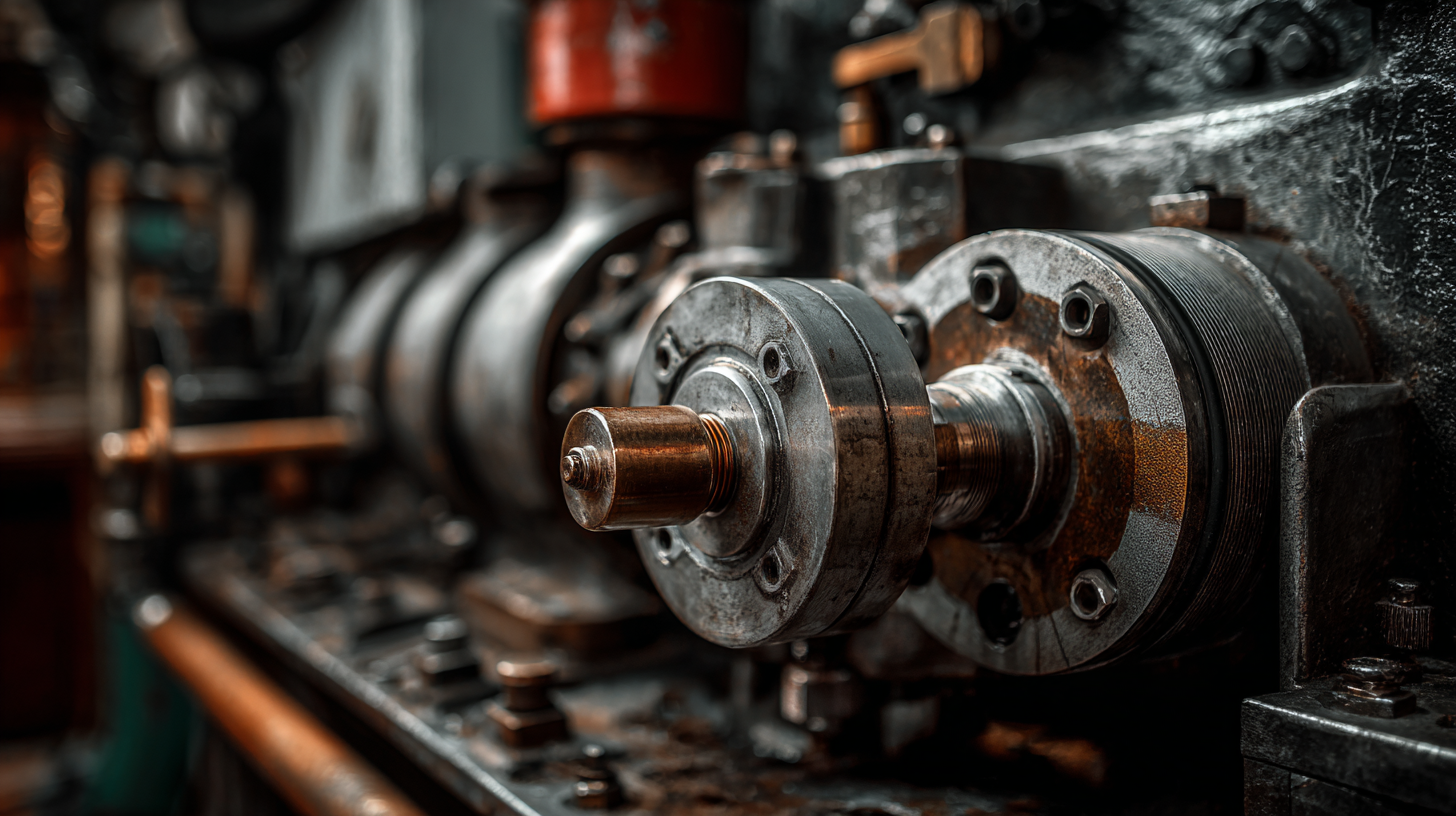
When working with hydraulic systems, it's important to maintain them properly to ensure longevity and optimal performance. Regularly check fluid levels and replace any worn seals or hoses to prevent leakage and maintain efficient operation. Additionally, keeping the hydraulic fluid clean from contaminants can greatly reduce wear on internal components, minimizing the risk of unexpected breakdowns.
For those new to hydraulic technology, understanding the basics can be invaluable. Take the time to learn about the different components—such as pumps, valves, and actuators—and how they interact. This knowledge will not only improve operational efficiency but also empower you to diagnose issues more effectively, ultimately saving time and resources in your industrial applications.
Control Systems: The Brain of Industrial Machines and Their Impact on Productivity
Control systems serve as the brain of industrial machines, orchestrating their operations and ensuring efficiency in production processes. These systems are responsible for monitoring and adjusting the machine's functions, thereby maintaining optimal performance. By utilizing sensors, actuators, and software algorithms, control systems can respond in real-time to varying conditions on the factory floor. This adaptability enhances not only the precision of operations but also significantly reduces downtime, as potential issues can be identified and rectified promptly.
The impact of control systems on productivity cannot be overstated. An advanced control system allows for greater levels of automation, minimizing human intervention while maximizing output. With capabilities for data collection and analysis, these systems empower managers to make informed decisions, streamlining workflows and optimizing resource utilization. Furthermore, the integration of control systems with modern technologies like IoT and AI has revolutionized the industrial landscape, enabling predictive maintenance and adaptive manufacturing strategies that keep businesses competitive in today’s fast-paced market.
Related Posts
-
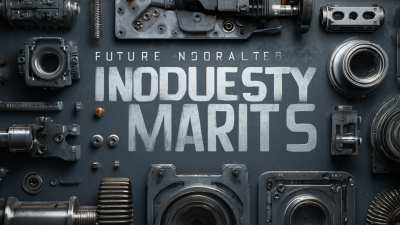
Future Trends in Industrial Machine Parts Market Analysis for 2025
-
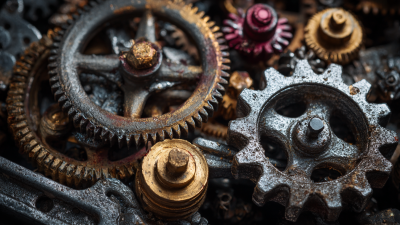
Exploring the Top Examples of Best Parts For Machine Upgrades
-

7 Compelling Reasons to Invest in Quality Parts of Industrial Machine
-

Top Strategies for Sourcing Essential Parts Of Industrial Machine
-

5 Essential Tips for Maximizing Efficiency with Custom Machines in Manufacturing
-

Unlocking Efficiency: The Ultimate Guide to Understanding Parts Machines in Modern Manufacturing
